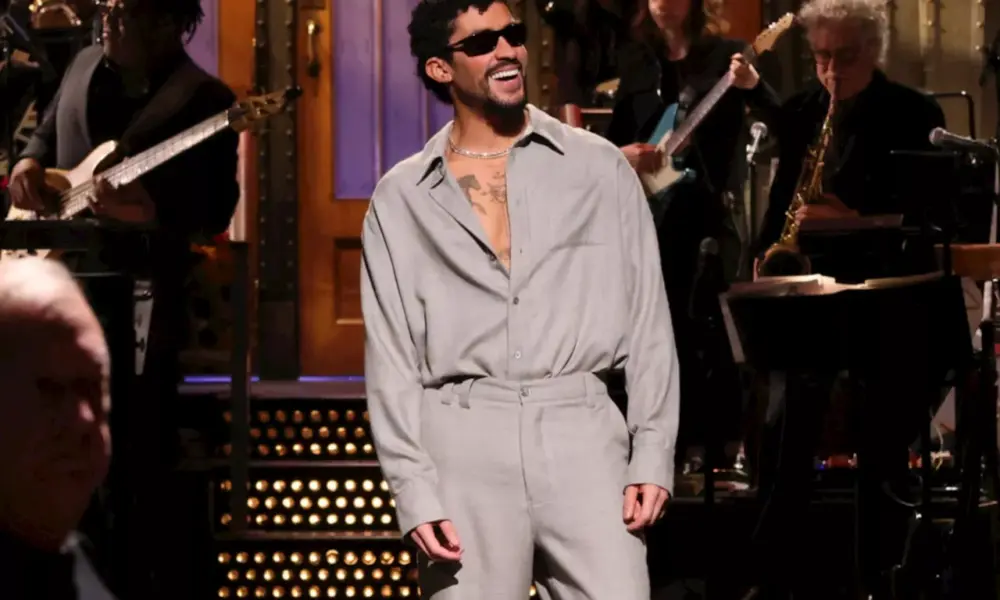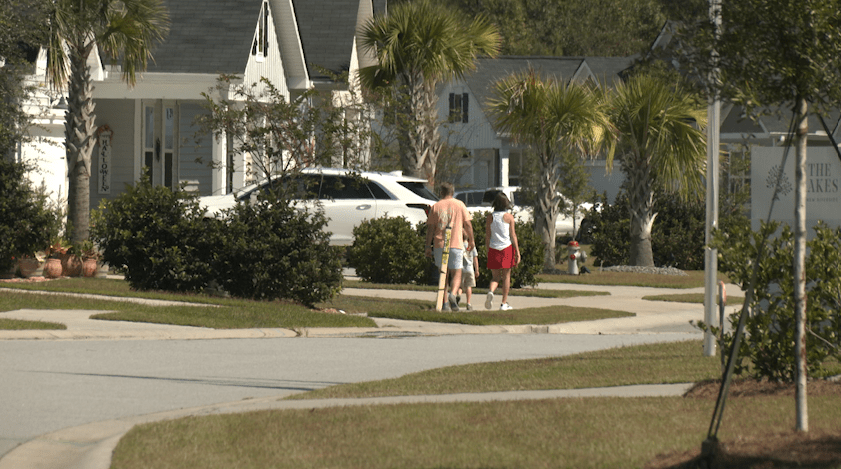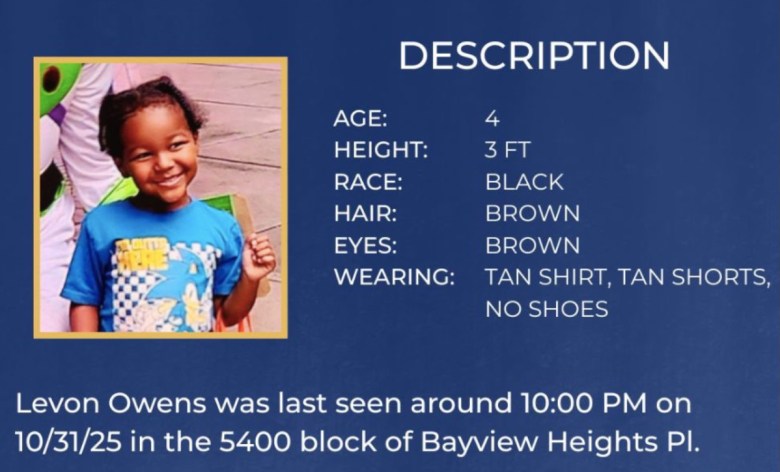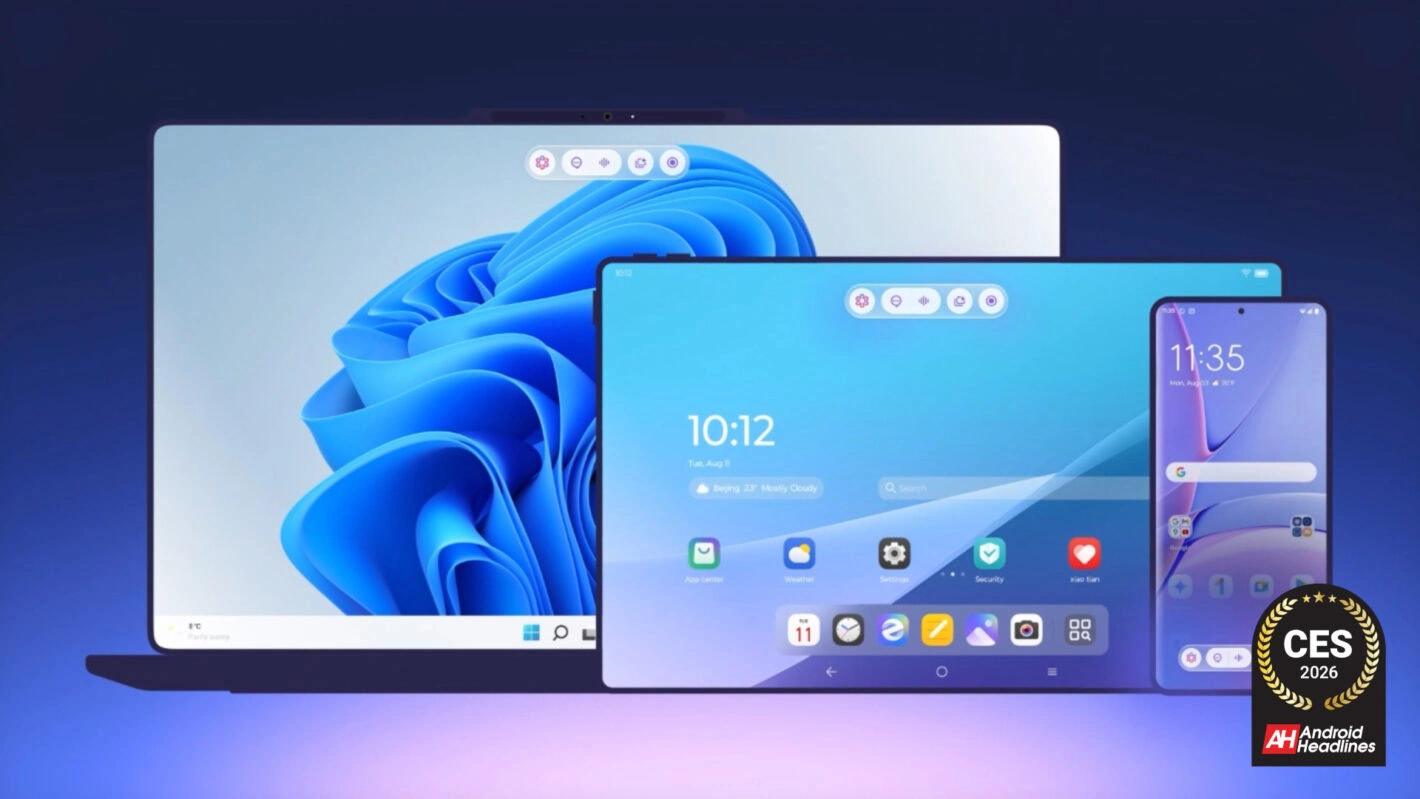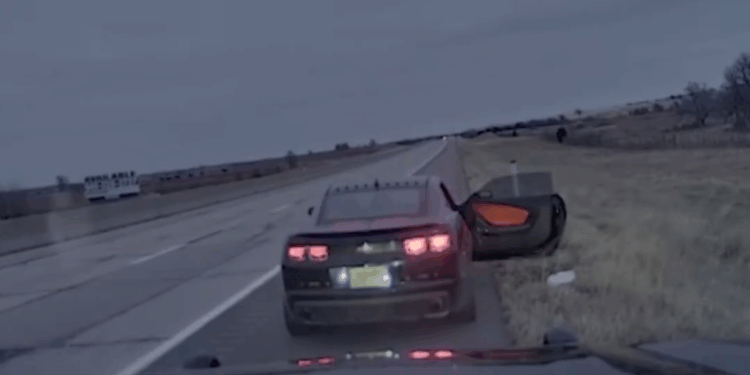UPDATE: NFL Commissioner Roger Goodell has just confirmed that the league will not reconsider its decision to feature Bad Bunny at the upcoming Super Bowl LX halftime show, scheduled for February 8, 2026, at Levi’s Stadium in Santa Clara, California. This announcement comes amidst mounting criticism from former President Donald Trump and his supporters.
Goodell addressed the controversy during the NFL’s annual Fall League Meeting, emphasizing the artist’s global appeal and the halftime show’s significance as a platform for diverse entertainment. He stated, “Negative reactions are almost inevitable when catering to such a vast global audience,” highlighting the challenge of selecting a performer who can resonate with hundreds of millions of viewers.
Despite backlash, including comments from Trump who labeled the choice as “crazy,” Goodell expressed unwavering confidence in Bad Bunny’s ability to deliver an outstanding performance. The commissioner remarked that Bad Bunny, born Benito Antonio Martínez Ocasio, understands the significance of the Super Bowl stage and is poised to create a memorable experience for fans.
The decision to have Bad Bunny perform is particularly notable given his vocal opposition to the U.S. government, especially concerning U.S. Immigration & Customs Enforcement (ICE). His outspokenness has made him a polarizing figure, with critics like Kristi Noem vowing to ensure ICE presence at the Super Bowl.
Bad Bunny, a three-time Grammy Award winner, has taken significant steps to avoid U.S. tour dates due to fears surrounding ICE detaining his fans. His commitment to a residency in Puerto Rico reflects the complex relationship between his activism and professional choices, making this halftime performance a focal point for discussions around politics, immigration, and free speech.
The NFL’s choice to showcase Bad Bunny underscores its commitment to diversity and inclusion, aiming to attract a broad audience. Goodell’s defense highlights the league’s strategy to present entertainers that reflect its diverse fan base, as the halftime show is watched by millions worldwide.
As the Super Bowl approaches, the dialogue surrounding Bad Bunny’s performance is intensifying, with both supporters and critics eager to weigh in. The NFL’s stance signals its determination to embrace artists who resonate with contemporary cultural conversations, even amidst controversy.
With the spotlight on Bad Bunny, all eyes will be on the Super Bowl LX halftime show, promising to spark significant discussion and possibly reshape the narrative around entertainment and political engagement in major sporting events.
Stay tuned for more updates as the situation develops.

